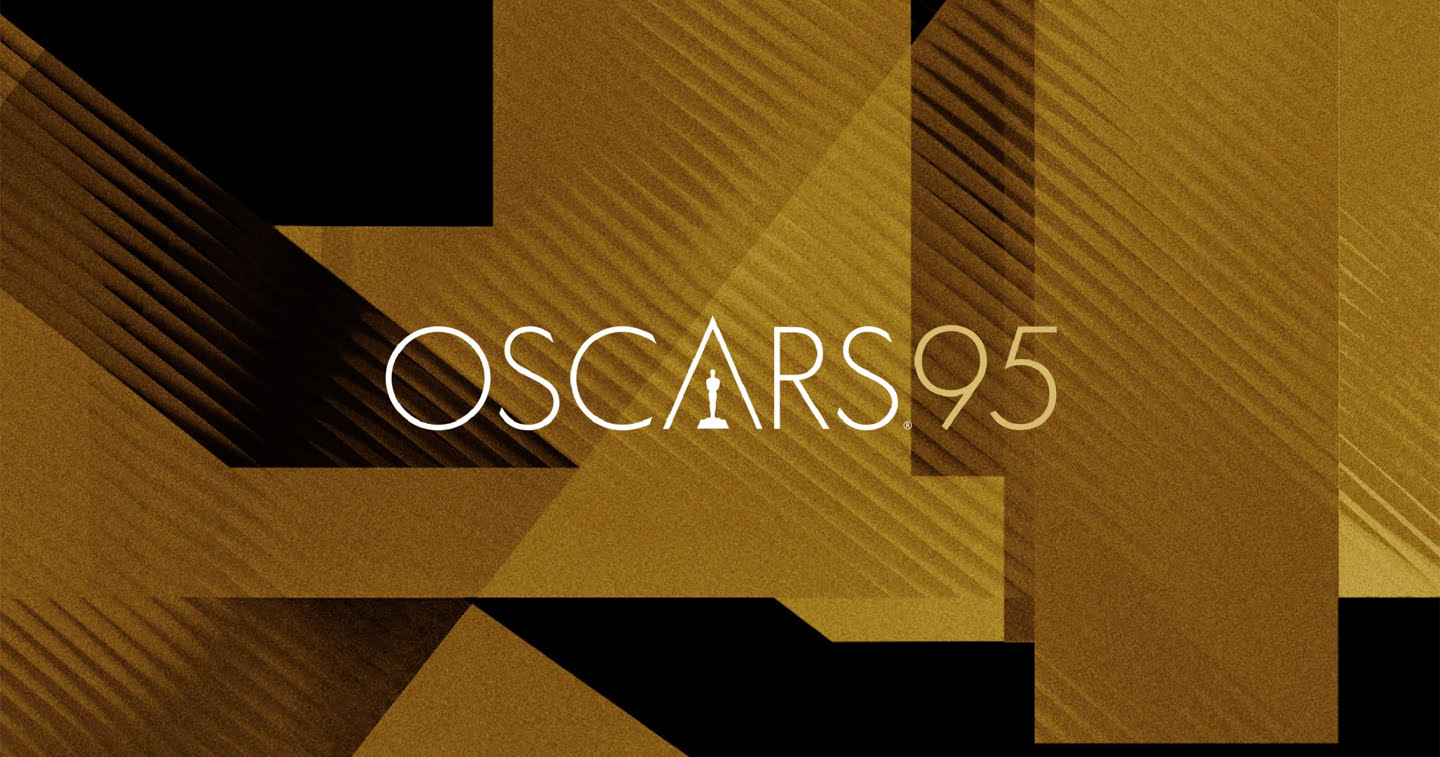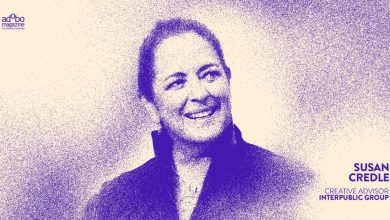MANILA, PHILIPPINES — After a controversial 94th Academy Awards ceremony in 2022 that saw a presenter being smacked by the eventual Best Actor winner, this year’s Oscars ceremony really wanted to avoid any chaos. Host Jimmy Kimmel still poked fun at that Will Smith-Chris Rock incident, as well as several of this year’s nominees and the success of blockbusters like Top Gun: Maverick and Avatar: The Way of Water. For the most part, though, the 95th Academy Awards went smoothly even as one motion picture emerged as a juggernaut.
The quirky, multiverse-hopping, action, drama, and seemingly everything in between movie known as Everything Everywhere All at Once didn’t just provide feel-good stories, it also dominated these ceremonies. Best Picture, Best Director, Best Original Screenplay, Best Editing, Best Actress, Best Supporting Actor, and Best Supporting Actress all went to the film directed by Daniel Kwan and Daniel Scheinert.
Jamie Lee Curtis, daughter of Hollywood royalty Tony Curtis and Janet Leigh who has been present in our collective consciousness for over 40 years beginning with the original Halloween, was surprised to win her first Oscar at age 64. She played humorless IRS inspector Deirdre Beaubeirdre and her other iterations in the film’s multiverse.
Curtis beat out co-star Stephanie Hsu, Kerry Condon in The Banshees of Inisherin, Hong Chau in The Whale, and Angela Bassett in Black Panther: Wakanda Forever.
The story of former child star Ke Huy Quan, who first gained fame in the 1980s in Indiana Jones and the Temple of Doom and The Goonies, is even better. Outgrowing child roles meant nobody would cast him, and Quan left movies to be a fight choreographer and assistant director.
But the Daniels threw him a lifeline by casting him as Waymond Wang, the geeky husband to Michelle Yeoh’s Evelyn Quan Wang, as well as his alpha version and other versions of the character. Quan proceeded to pick up every Best Supporting Actor award, culminating in this Oscar. His emotional speech, punctuated by “Mom, I won an Oscar!” was a particular highlight of the night.
Quan won over Brendan Gleeson and Barry Keoghan both for The Banshees of Inisherin, Judd Hirsch for The Fabelmans, and Brian Tyree Henry in Causeway.
The duo collectively known as Daniels took home Best Original Screenplay for Everything Everywhere All at Once over Todd Field for Tar, Tony Kushner, and Steven Spielberg for The Fabelmans, Martin McDonagh for The Banshees of Inisherin, and Ruben Ostlund for Triangle of Sadness. Strangely enough, the race for Best Director mirrored this category, with the same winners besting the same nominees.
While Everything Everywhere All at Once eventually won Best Picture, it had to emerge from a field not limited to traditional dramatic fare. War picture All Quiet on the Western Front, science fiction sequel Avatar: the Way of Water, introspective drama The Banshees of Inisherin, biographical musical Elvis, Spielberg semi-autobiography The Fabelmans, satirical black comedy Triangle of Sadness, straight drama Women Talking, and mammoth blockbuster Top Gun: Maverick were the other nominees.
Brendan Fraser was treated like a matinee idol in the 1990s and had starring roles in notable films from the decade like Encino Man, School Ties, With Honors, Gods and Monsters, and George of the Jungle. He even had top billing in Universal Pictures’ The Mummy franchise. Despite these early successes, recent years have seen him hardly appearing in film, aside from providing the disembodied voice of Cliff “Robotman” Steele on HBO Max’s Doom Patrol series.
As obese English teacher Charlie in The Whale, Fraser is almost unrecognizable under heavy prosthetics and a fat suit. Like his Encino Man co-star Quan, Fraser had been scooping up awards from several award-giving bodies, making his Best Actor Oscar almost anticlimactic. He bested fellow nominees Colin Farrell for The Banshees of Inisherin, Austin Butler for Elvis, Paul Mescal for Aftersun, and Bill Nighy for Living.
In the case of Michelle Yeoh, fans of Hong Kong martial arts films have been familiar with her work since she appeared opposite Jackie Chan and Corey Yuen from the mid-1980s until the 1990s. Known for performing her own stunts, Yeoh eventually became a “Bond girl” in Tomorrow Never Dies before starring in Crouching Tiger, Hidden Dragon, Memoirs of a Geisha, and Crazy Rich Asians, among others.
Yet in her 60s, Yeoh accomplished something significant for Asians and women. Her Best Actress Oscar for Everything Everywhere All at Once made her the first Asian woman to receive this prestigious honor, something not lost on Yeoh in her acceptance speech. In doing so, she prevailed over Cate Blanchett in Tar, Ana de Armas in Blonde, Andrea Riseborough in To Leslie, and Michelle Williams in The Fabelmans.
The speeches of Quan, Fraser, and Yeoh all proved to be emotional tearjerkers for their stories of persistence, nearly losing hope, breaking barriers, and eventual triumph.
Other notable winners were Top Gun: Maverick for Best Sound and Avatar: The Way of Water for Best Visual Effects. Ruth Carter for Black Panther: Wakanda Forever won Best Costume Design, while The Whale won Best Makeup and Hairstyling. Best Cinematography was awarded to James Friend for All Quiet on the Western Front, while Guillermo del Toro’s Pinocchio beat films from Disney and Dreamworks for Best Animated Feature.










